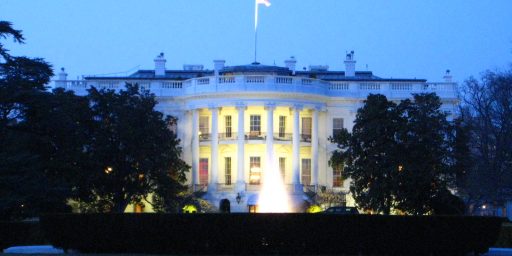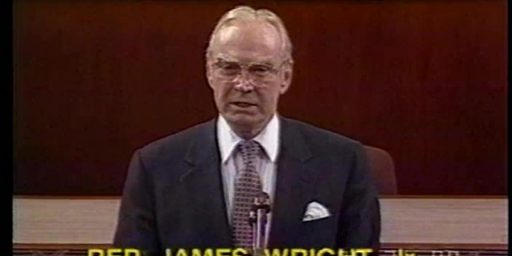Constitutional Changes Ratified in Nicaragua
Via the BBC: Nicaragua’s new constitution becomes law
Changes to Nicaragua’s constitution have gone into effect, paving the way for its leader, Daniel Ortega, to run for a third consecutive term in 2016.
[…]
The constitutional changes were approved by 64 votes to 25.
The reform scraps the previous rule that the winning candidate needs to receive at least 35% of the vote to be elected president.
It also allows the appointment of active duty police and military officials to government offices currently set aside for civilians.
It is difficult not to see these as moves designed primarily to be self-serving for the sitting president, Daniel Ortega. Indeed, when Ortega was elected back in 2006, the president was limited to only one term.
Also, from an electoral rules point of view, making it possible to win the presidency with a plurality of less than 35% is a bad idea insofar as it creates a scenario in which the chief executive could be elected in a fragmented race where a substantial number of voters had different first choices.
Of course, Ortega won re-election in 2011 with 62.46% of the vote, so I am not sure what the exact motivation for the rules change was (although his 2006 victory, however, was 38.0% to 28.3% to 27.11%).






You question the motivation for the rules change…
Its to avoid a second ballot.
The win by 35% of the vote was possible before however you needed a 5% lead over the second place person or face a top two candidate run off on a second ballot.
The reform scraps that notion because its too dangerous for the FSLN to risk having a second ballot.
@Kelvin: I suspect the second ballot may be moot when there may be a rigged election to begin with. As BDM might say, it is more desirable to be a dictator than have to appease a winning coalition. I would lean toward an explanation incorporating a reduction of the selectorate for starts. Incorporating the military into public positions certainly creates the sort of conditions that are hedged against in the U.S. with a 7-year waiting period between active duty and Secretary of Defense. This may lead toward creating a more powerful military state – relative to internal party democracy.
http://www.nytimes.com/2008/11/20/world/americas/20nicaragua.html?_r=0
http://www.law.cornell.edu/uscode/text/10/113